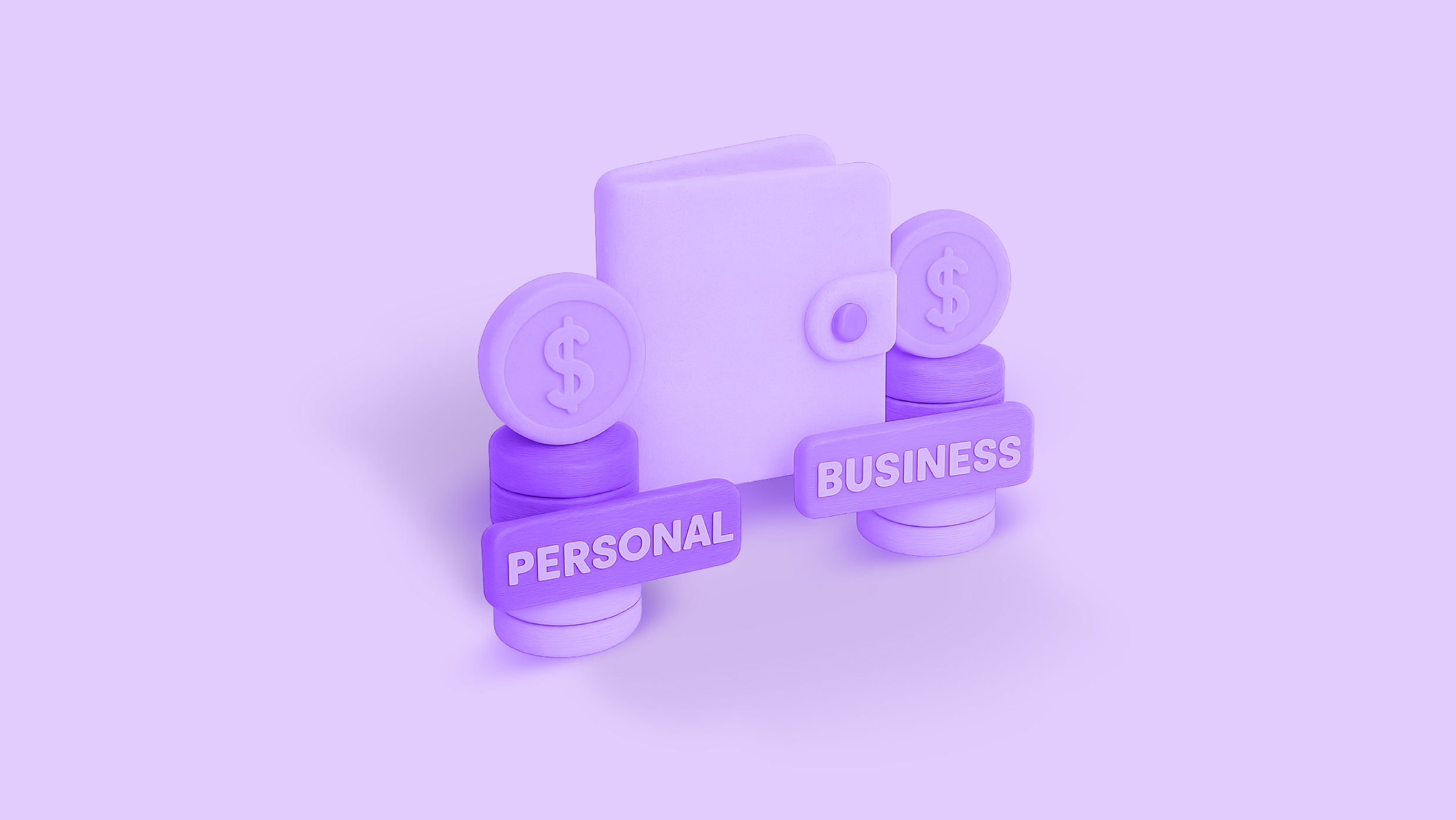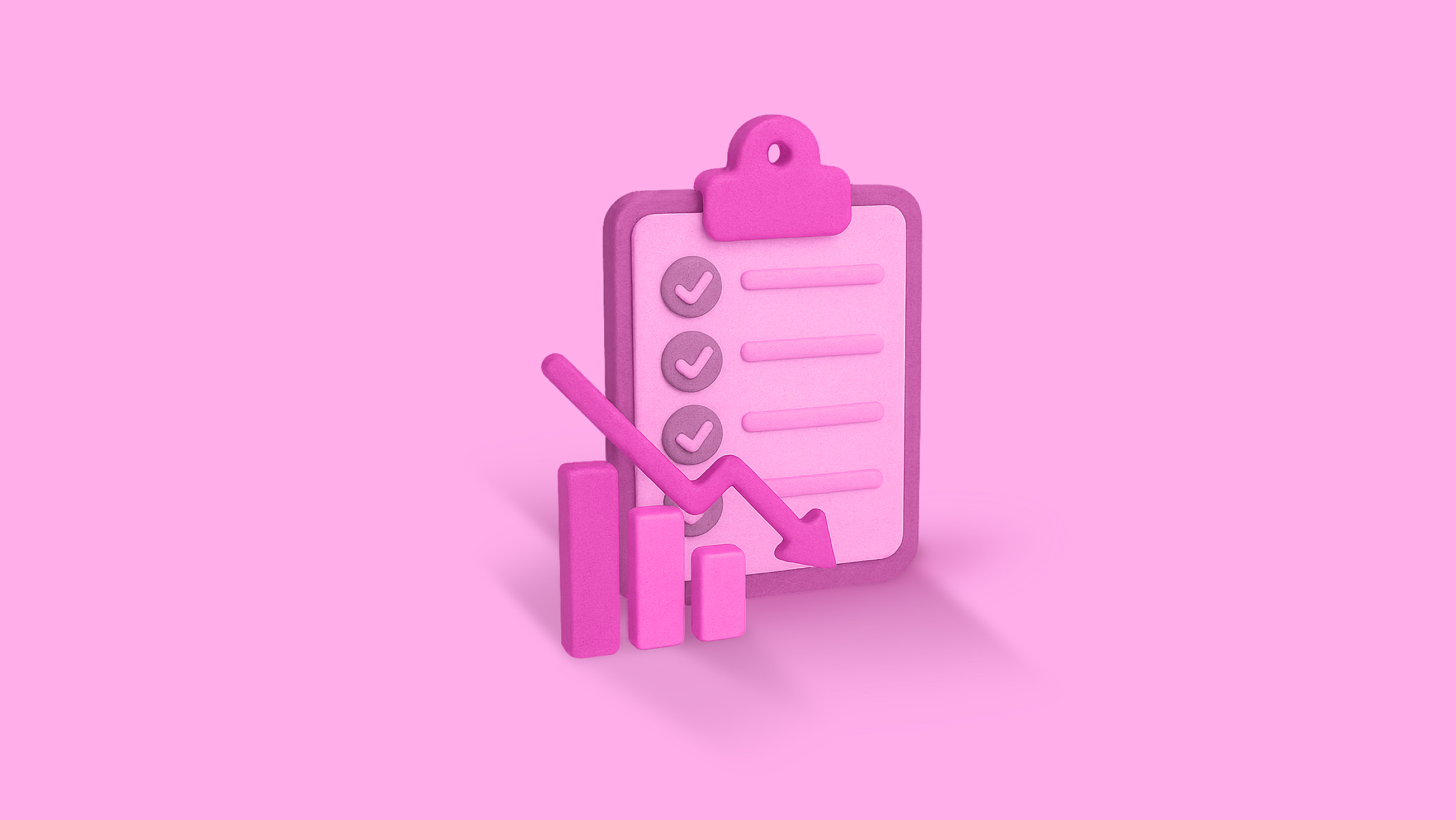Most small business owners think about credit only when they’re applying for a loan or trying to expand. But building business credit doesn’t start when you need money — it starts much earlier. A strong credit profile makes it easier to access funding, negotiate better terms with suppliers, and build long-term financial credibility.
If you’re a small business owner looking to grow, understanding how business credit works — and how to build it — can make a big difference.
What is Business Credit?
Business credit is a record of how your business manages its financial obligations. It reflects your company’s ability to repay borrowed money and maintain financial discipline.
Lenders, suppliers, and even partners may check your credit profile before working with you. Unlike personal credit, business credit is linked to your business entity, not your personal PAN or score.
In India, credit bureaus like CIBIL, CRIF High Mark, Equifax, and Experian track the credit history of registered businesses. For example, CIBIL issues a “CIBIL Rank” for companies, which works somewhat like a personal credit score but ranges from 1 to 10 (1 being the best).
How to Start Building Business Credit
Here’s a practical step-by-step guide to help you establish and improve your business credit over time.
1. Establish a Separate Business Identity
The first step in building credit for business is to formalise it. That means:
- Registering your business as a sole proprietorship, partnership, LLP, or private limited company.
- Applying for a PAN card in your business name.
- Opening a current account with a bank using your business details.
This separation helps create a clear identity for your business in the financial ecosystem.
2. Keep Personal and Business Finances Separate
Many small business owners use one account for everything, but this creates confusion — both for your books and for any potential lender.
- Use your business’s current account for all expenses and income.
- Avoid mixing funds from personal savings or cards.
- Use accounting software or tools to keep your records clean and updated.
A clear separation builds trust and shows that your business is professionally run.
3. Get Registered with Credit Bureaus
Once your business is formalised and active, check if it’s listed with a credit bureau. You can request a report from CIBIL, CRIF, or others using your company’s details.
If your business isn’t listed yet, don’t worry. As soon as you start taking credit in the business’s name, such as loans or credit lines, and repay them on time, your profile will start building.
4. Use Credit Products Smartly
Obtaining business credit doesn’t mean taking large loans. Even a small credit product that is used well helps.
- Apply for a business credit card or overdraft facility.
- Use invoice financing or short-term loans through banks or NBFCs.
- Always repay on time. Even a single missed payment can hurt your score.
Consistent and responsible use of credit builds a strong repayment history.
5. Work with Vendors Who Report Credit Activity
Not all vendors or lenders report to credit bureaus. But many fintech companies and NBFCs do.
- If you’re buying goods or services on credit, check if the vendor reports payment activity.
- Platforms that offer B2B credit often share your repayment record with bureaus.
Paying these dues on time will positively reflect on your credit profile. Additionally, having a Udyam Registration (for MSMEs) can help you avail collateral-free loans and formalize your credit access.
6. Monitor Your Credit Regularly
Once you begin building business credit, keep track of your reports.
- Check your report every few months to see your rank or score.
- Look out for errors, such as incorrect loan amounts or overdue payments.
- If you find any issue, raise a dispute with the bureau to get it corrected.
Regular monitoring ensures that your credit profile reflects your actual business health.
Mistakes to Avoid While Building Business Credit
Even minor missteps can affect your credit score. Here are a few to watch out for:
- Delaying payments, even by a day.
- Using more than 70–80% of your credit limit regularly.
- Applying for too many loans in a short period.
- Ignoring small credit obligations, assuming they don’t matter.
Stay disciplined in how you use credit. It reflects not just on your profile, but also on how lenders and partners view your business.
Why Business Credit Matters
Building business credit takes time, but the benefits are worth the effort.
- Easier access to loans from banks and NBFCs.
- Better terms and interest rates, especially when you’re negotiating large sums.
- Stronger reputation with suppliers and financial institutions.
- Less reliance on personal credit or collateral for funding.
In many cases, general business credit is also useful while onboarding with large vendors, signing lease agreements, or participating in tenders.
How Long Does It Take to Build Credit for Business?
There’s no fixed timeline. On average, it takes about 6 to 18 months of consistent credit usage and repayments to build a good profile.
The key is to start early — don’t wait until you need a loan. Lenders are more likely to approve credit when they see a clean, steady history.
Final Thoughts
Strong business credit doesn’t come from a one-time action. It’s built through regular, responsible use of credit products, timely payments, and good financial practices.
For a small business, this can be the difference between struggling to find funding and having access to the capital you need to grow. The earlier you start, the better your chances of building a reliable credit profile that opens doors — not just to money, but to partnerships, opportunities, and long-term growth.





